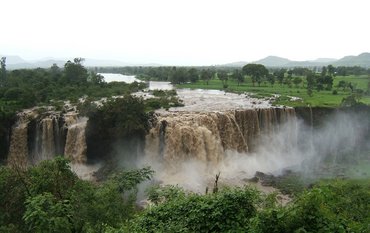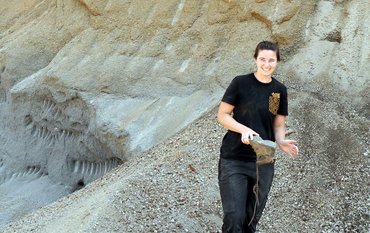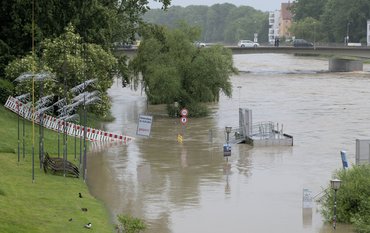On 12 March 2020, 10:26 am., an earthquake with a magnitude of 4.7 occurred in southwest Iceland, about 5 km northeast of Grindavík, in the course of a swarm of earthquakes (a swarm is a series of successive earthquakes with roughly similar small magnitudes (0.5 – 2) and outliers ). Scientists of the GFZ German Research Centre for Geosciences have now tested a new method for monitoring the subsurface there.
An online monitoring carried out by GFZ researchers from the sections Near-Surface Geophysics and Geoenergy, which uses fibre optic cables of the Icelandic telecommunications network, registers the volcanic and seismic activity since the event and transmits the data in real time to GFZ.
The method used (DAS, Distributed Acoustic Sensing) uses optical fibres as seismic sensors through which vibrations are recorded. A measurement system based on this technology was installed by GFZ scientists for real-time monitoring of the deepest geothermal borehole in Iceland (IDDP-2) in October 2019. The measuring cable, which was installed along the casing of this borehole, measures the finest differences in strain along a glass fibre with high spatial and temporal resolution.
"In January 2020, Icelandic colleagues form ISOR informed us about increased seismic activity about 50 km southwest of the capital Reykjavik, which was accompanied with unusually high ground uplift rates on the Reykjanes peninsula", says Martin Lipus, researcher at the GFZ Geoenergy Section.
The measuring system was then moved from the drilling site to a building of the Icelandic telecommunications operator Míla and connected to a fibre optic cable of the telecommunications network, which runs directly over the seismically active area.
"By using the existing telecommunications infrastructure, we are obtaining data that consolidate the existing seismic monitoring network and provide a unique insight into the seismic and volcanic processes on the Reykjanes Peninsula," explain Philippe Jousset and Thomas Reinsch, researchers in the Near-Surface Geophysics Section. "We have access to the measuring computer from Potsdam and can monitor the seismic activity in real time at the GFZ".
Already in 2018, GFZ scientists together with Icelandic and British colleagues had come to the conclusion during measurements on the Reykjanes peninsula in the southwest of Iceland that high-resolution, conventional fibre-optic cables can image structures in the underground that were not seen with the seismographic networks existing on the island.
The current data recording confirms that the fibre optic cables laid in telecommunication networks worldwide are a low-cost and effective supplement to conventional seismological measurement methods. The technology opens up new ways of imaging and monitoring the geological subsurface, especially in urban areas.
Further information:
- Jousset, P., Reinsch, T., Ryberg, T., Blanck, H., Clarke, A., Aghayev, R., Hersir, G.P., Henninges, J., Weber, M., Krawczyk, C.M., 2018. Dynamic strain determination using fibre-optic cables allows imaging of seismological and structural features. Nature Communications, 9 (2509)
- Das Erdbeben vom 12. März
- Einschätzung des Isländischen Meteorologischen Dienstes, der auch für Naturkatastrophen zuständig ist
Scientific contact:
Philippe Jousset
GFZ section Near-Surface Geophysics
Helmholtz Centre Potsdam
GFZ German Research Centre for Geosciences
Phone.: +49 331 288-1299
Email: Philippe.Jousset@gfz-potsdam.de
Dr.-Ing. Thomas Reinsch
Working Group Leader GFZ section Near-Surface Geophysics
Helmholtz Centre Potsdam
GFZ German Research Centre for Geosciences
Email: Thomas.Reinsch@gfz-potsdam.de
Prof. Charlotte Krawczyk
Head of GFZ section Near-Surface Geophysics
Helmholtz Centre Potsdam
GFZ German Research Centre for Geosciences
Albert-Einstein-Straße 42-46
Gebäude A 42, Raum 107/108
14473 Potsdam
Phone: +49 331 288-1281
Email: Charlotte.Krawczyk@gfz-potsdam.de
Media contact:
Dipl.-Geogr. Josef Zens
Head of Public and Media Relations
Helmholtz Centre Potsdam
GFZ German Research Centre for Geosciences
Telegrafenberg
14473 Potsdam
Phone: +49 331 288-1040
Email: Josef.Zens@gfz-potsdam.de
Twitter: @GFZ_Potsdam







![[Translate to English:] Both scientists sitting on stools in front of a wall of books in the Telegrafenberg library](/fileadmin/_processed_/6/6/csm_Buiter_Castell_DORA_4_e87cb1ea18.jpeg)
![[Translate to English:] Gruppenbild mit 4 Personen](/fileadmin/_processed_/8/d/csm_20241017_GFZ-Emmerman-Medal-005_web_reinhardtundsommer_21a414fa4a.jpeg)






![[Translate to English:] Ice landscape with five red tents](/fileadmin/_processed_/8/9/csm_Zeltlager_auf_dem_Eis_Urheberin_Jenine_McCutcheon_5ced2d523b.jpeg)


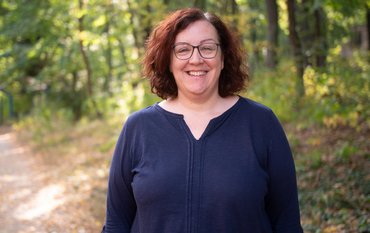
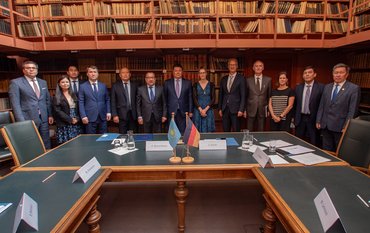

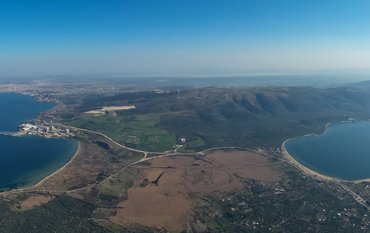
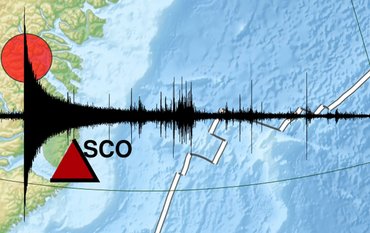
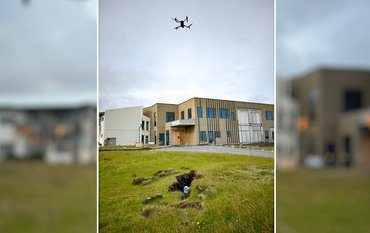

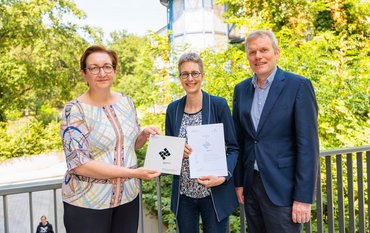



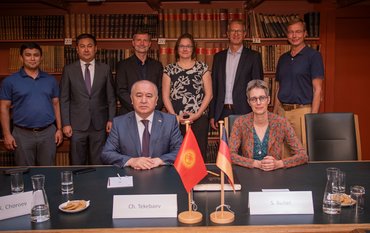
![[Translate to English:] Group photo with 7 people in front of a new metal plant in a large laboratory hall.](/fileadmin/_processed_/0/4/csm_20240628-GFZ_Einweihung_Triax-Anlage-PRESSE_Abb1_040_c-Bahlo-GFZ_187906cb48.jpeg)
